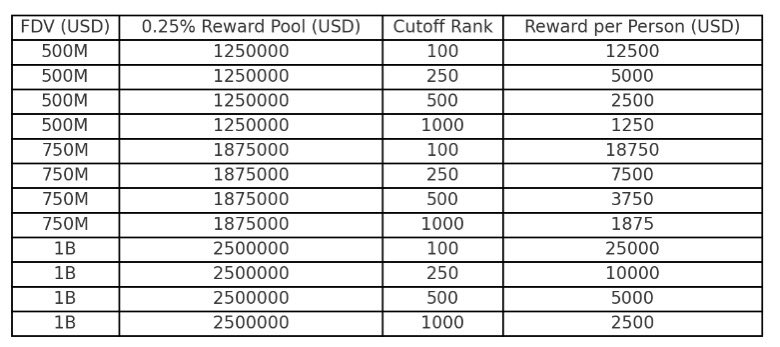Exploring the Transformative Role of AI in Today’s Dynamic World
The Dawn of an AI Revolution
Artificial Intelligence (AI) has shifted from a futuristic concept into a crucial driver of change across industries, economies, and everyday life. As we advance through the 2020s, AI’s transformative power touches nearly every domain, from healthcare to finance, education to entertainment, redefining how humans interact with technology and the environment. Understanding this evolution requires digging into its multifaceted impacts, how it reshapes industries, challenges ethical norms, and sparks innovation on an unprecedented scale.
Unpacking AI’s Influence on Industry and Economy
AI’s application in various sectors is no longer experimental—it’s a vital source of competitive advantage. In healthcare, AI algorithms now assist in diagnosing diseases with remarkable accuracy, personalize treatment plans, and predict patient outcomes. For instance, machine learning models analyze extensive medical image datasets to identify conditions like cancer earlier than traditional methods can.
In finance, AI-powered trading systems analyze massive datasets in real-time, spotting trends and executing trades far faster than human traders. This capability not only improves efficiency but also raises questions about market volatility and regulatory oversight.
Industries such as manufacturing have embraced AI-driven automation, from predictive maintenance that foresees equipment breakdowns to intelligent robotics that increase production speed and precision. This transition, while enhancing productivity, also alters labor markets by shifting demand toward more technical expertise.
Transforming Everyday Life through AI
Beyond institutional use, AI-infused devices and services weave into personal routines increasingly seamlessly. Voice assistants like Alexa and Siri learn individual preferences, personalizing responses and controlling smart homes. Recommendation engines on streaming platforms and e-commerce sites tailor content and product suggestions, shaping consumption patterns subtly yet pervasively.
Even transportation systems are undergoing revolutionary changes. Autonomous vehicle technology, underpinned by AI, promises to improve road safety and reduce congestion. Although widespread adoption remains in progress, pilot programs across global cities signal a future where human and machine collaboration behind the wheel becomes the norm.
Navigating Ethical and Societal Challenges
The rise of AI raises complex ethical questions and societal concerns. Issues of privacy emerge as AI systems process vast amounts of personal data. Bias embedded within AI algorithms, often reflecting societal inequalities, can perpetuate discrimination unless vigilantly addressed. The question of accountability—identifying who is responsible when AI systems err—remains contested in legal and policy circles.
Moreover, the impact on employment poses a dual challenge: while AI creates new jobs and industries, it simultaneously renders some roles obsolete. This displacement necessitates substantial investment in education and reskilling programs to prepare the workforce for an AI-centric economy.
The concentration of AI development within a handful of powerful corporations also raises concerns about monopolistic practices and global power imbalances. Calls for transparency, open standards, and governance frameworks reflect a growing consensus on managing AI’s risks without stifling innovation.
The Path Forward: Embracing AI with Wisdom and Creativity
Harnessing AI’s transformative potential demands a balance between optimism and caution. Strategic investments in research, ethical frameworks, and inclusive policymaking are essential to ensure AI serves humanity’s broader interests. Creative collaborations between technologists, ethicists, and diverse communities will enrich AI development and deployment, making systems more fair, transparent, and aligned with human values.
Education systems must evolve, nurturing not only technical skills but also critical thinking and adaptability, enabling individuals to thrive alongside AI. Simultaneously, public awareness campaigns can demystify AI, fostering informed engagement rather than fear or unrealistic expectations.
In conclusion, AI is not a monolithic force but a dynamic ecosystem reflecting human ingenuity and complexity. Its ongoing story is one of interplay—between technology and society, opportunity and risk, innovation and regulation. Navigating this frontier thoughtfully promises a future where AI amplifies human potential, unlocking new horizons across all facets of life.
—
Sources
– The Future of AI: Trends to Watch in 2025
– AI in Healthcare: Transforming Diagnosis and Treatment
– Automation and Employment: Challenges and Opportunities
– Ethics and Governance of Artificial Intelligence











